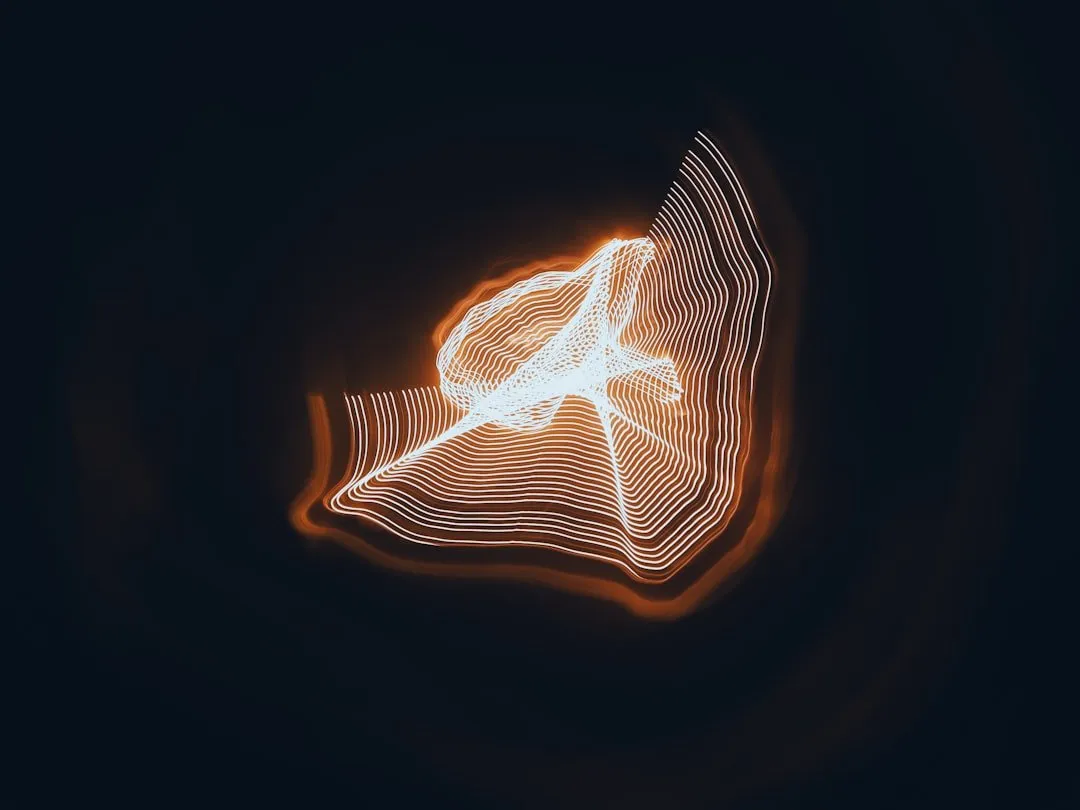Kratom's potential for treating pain and anxiety is well-known, but its effects on sleep are inconsistent. While some users experience better sleep, others report difficulty falling or staying asleep, suggesting a possible link to kratom-induced insomnia. This variability stems from kratom's complex interaction with opioid receptors, which can lead to both sedative and wakeful effects. Personal considerations are key when using kratom for sleep, as its multi-faceted nature requires tailoring to individual needs. Those considering kratom for insomnia should exercise caution, especially if they have pre-existing sleep disorders or anxiety, to avoid potential exacerbation of symptoms.
“Unraveling the complex relationship between Kratom consumption and insomnia is a crucial step in understanding effective recovery strategies. This natural herb, known for its diverse effects, has gained popularity but raised concerns regarding its impact on sleep patterns, especially when used regularly. The article delves into the science behind Kratom’s mechanism of action related to sleep, exploring its potential to induce or exacerbate insomnia. We present a comprehensive guide to recovery, offering short-term solutions, lifestyle changes, and alternative remedies for those seeking relief from Kratom-induced sleep disturbances.”
- Understanding Kratom and Its Effects on Sleep
- – What is kratom?
- – Components and mechanisms of action related to sleep
Understanding Kratom and Its Effects on Sleep

Kratom, derived from the leaves of the Mitragyna speciosa plant, has gained attention for its potential therapeutic benefits, including its impact on sleep patterns. Often used as a natural remedy for pain and anxiety, kratom’s effects on sleep are a topic of interest. While some individuals claim it aids in achieving restful sleep, others find it promotes wakefulness, leading to concerns about potential insomnia.
The reason behind these contrasting experiences lies in the multifaceted nature of kratom’s effects on the body. It interacts with opioid receptors, which can induce relaxation and drowsiness. However, this interaction is not limited to sleep-related areas, potentially explaining why some users report difficulty falling asleep or staying asleep (insomnia). Moreover, the stimulant-like properties of certain kratom strains can counteract its sedative effects, making it a complex compound that requires individual consideration for optimal use.
– What is kratom?

Kratom, scientifically known as Mitragyna speciosa, is a tropical plant native to Southeast Asia. Its leaves contain alkaloids that interact with opioid receptors in the brain and other parts of the body, offering various effects including pain relief, anxiety reduction, and sleep regulation. While often used for its potential therapeutic benefits, kratom’s interaction with these receptors can also lead to side effects, one of which is causing or exacerbating insomnia in some individuals. Unlike traditional opioids that suppress breathing and induce drowsiness, kratom’s impact on sleep patterns can vary greatly depending on the dose, strain, and individual tolerance. It’s crucial for users to monitor their experiences and adjust consumption accordingly to avoid does kratom cause insomnia.
– Components and mechanisms of action related to sleep

Kratom, a natural herb with both stimulant and opioid properties, has been explored for its potential therapeutic effects on sleep. While it’s often touted as a remedy for insomnia, understanding its components and mechanisms of action is crucial before considering it as a sleep aid. Kratom contains various alkaloids, such as mitragynine and 7-hydroxymitragynine, which interact with opioid receptors in the brain, leading to potential sedative effects. However, these compounds also affect other neurotransmitter systems, including adrenergic and dopaminergic pathways, which play a role in arousal and wakefulness. This complex interaction can result in both sleep-promoting and wake-enhancing effects, making its impact on sleep inconsistent.
Contrary to the notion that kratom is a universal cure for insomnia, it’s essential to recognize that it may not be suitable for everyone. Some individuals, especially those prone to anxiety or with pre-existing sleep disorders, might experience heightened alertness or even insomnia due to kratom’s effects. The herb’s mechanism of action, while multifaceted, doesn’t always translate into a balanced promotion of sleep. Thus, using kratom as a guide for recovery strategies requires caution and an individualized approach, taking into account personal tolerances and potential contraindications with other health conditions or medications.
While some may question whether kratom could lead to insomnia due to its stimulant properties, research suggests that, when used responsibly, it can offer valuable support for healthy sleep patterns. The key lies in understanding its unique effects and individual tolerance. For those seeking natural recovery strategies, incorporating kratom into a balanced routine under professional guidance could be a promising approach to enhance well-being without sacrificing restful sleep.














